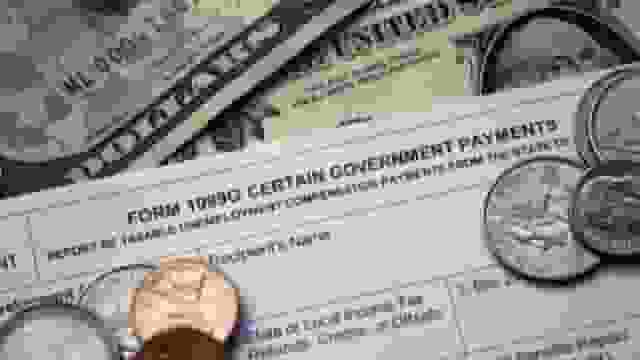Veteran Investigative Reporter Kurt Dillon, an accredited and degreed journalist, compiled this article using information gleaned from interviews with IRS employees, Jackson Hewitt Tax Service, CBS News press releases, and the Internal Revenue Service’s website, IRS.gov.
The IRS recently began sending millions of form letters to taxpayers it believes have underpaid their taxes in the past, according to a press release on its website. If you or someone you know receives one of these letters, known as a CP14, you mustn’t ignore it.
If you do, you risk facing severe penalties and interest, as well as possible imprisonment if the debt is large enough. Mark Steber, Jackson Hewitt’s chief tax information officer, provided this information.
Due to COVID-19 restrictions, the IRS has stopped sending out CP14s and other types of form letters in recent years. The agency announced in February of 2020 that it would stop sending various types of letters, but in March, it announced that it would resume sending the CP14s.
What makes you receive an IRS CP14?
As detailed in our article: The IRS destroyed 30 million documents.
The IRS uses a computer programme called the Automated Underreporter Program (AUP) to compare our tax returns to information obtained from third-party creditors with whom we have a business (banks, credit card companies, insurance companies, etc…).

When that system detects a discrepancy between our prepared tax returns and the information they receive from our third-party creditors, it raises a flag that prevents our returns from being processed electronically and necessitates a human review, clarification, and override before they can be completed. To address the challenges that are limiting growth in business tax return electronic filing, a service-wide strategy is required.
However, as part of our investigation, we discovered an investigative report from the Treasury Inspector General for Tax Administration (TIGTA), which discovered the destruction of 30 million tax documents and made that information public. The report, titled Effects of the COVID-19 Pandemic on Business Tax Return Processing Operations, explains that the documents destroyed during the impromptu purge of backlogged documents were all small business documents, and no personal tax filing documents were destroyed.
Read more:-
- Oil Companies Raking in Profits Amid Record Gas Prices Are Biden’s New Inflation Scapegoat
- Trump’s Clout Was Put to the Test in the GOP Primaries in South Carolina and Nevada
- Every Insurrectionist, in My Opinion, Is a Traitor Creator Avatar
It’s also worth noting that the documents destroyed were not tax refund documents prepared by taxpayer businesses, but rather documents received by the IRS from the third-party creditors mentioned previously. According to the report, all of those documents, referred to as “information returns,” were destroyed, and this has been confirmed by IRS sources.
According to a press release on their website, the IRS recently began issuing millions of generic letters to taxpayers it suspects have underpaid their taxes in the past. If you or someone you know receives one of these letters, referred to as a CP14, don’t disregard it.
As a result, we can deduce that the destruction of those documents will have no effect on individual taxpayers’ refunds or returns. As a result, if you receive an IRS Form CP14, you should not disregard it.


